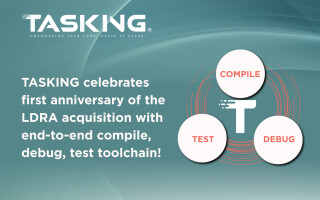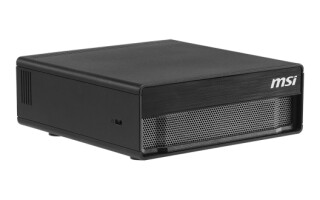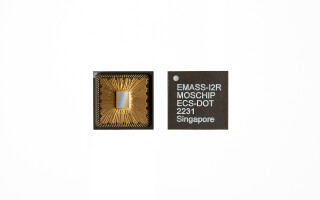Network component companies join together under Avnu Alliance to advance TSN interoperability.
August 11, 2021
News

Base interoperability at the component level facilitates device interoperability across various applications and profiles, including IEEE/IEC 60802 for industrial and IEEE 802.1BA for ProAV, as well as future profiles that are in development.
Avnu Alliance, a consortium driving open, standards-based deterministic networking, announced an initiative to drive alignment on TSN interoperability in the network ecosystem. In the Silicon Validation Task Group, silicon and IP companies including Analog Devices, Intel, Keysight Technologies, Microchip, NXP Semiconductors, Texas Instruments, and TTTech will work together to ensure that the TSN features of various profiles interoperate.
The members of the Silicon Validation Task Group recognize that interoperability is required at the silicon level to enable specialization further up the stack. TSN applications span markets including ProAV, automotive, industrial manufacturing, and aerospace.
Avnu has previously provided successful frameworks for industry stakeholders to collaborate for the advancement of TSN. This task group will allow competitors to work together to develop a testing ecosystem for silicon and IP products’ TSN capabilities at the component (and supporting software) level. Group members will collaborate on activities such as developing test plans, creating validation tools, and hosting plugfests.
“We consider an open, cross-industry standard like TSN as an essential basis for successful industrial automation projects,” said Thomas Berndorfer, member of the executive board, TTTech Industrial. “As more companies and industries start using TSN, the huge benefits of interoperability increase – we can already see that in the plastics industry where the EUROMAP 79 standard specifies using TSN as the networking technology for injection molding machines.”
“Ethernet’s universal success is centered around standards-based, interoperable silicon,” says Tom Weingartner, product marketing director for the industrial Ethernet technology group at Analog Devices. “As silicon providers, we are coming together to ensure this next generation of Ethernet with TSN is equally successful across the spectrum of silicon solutions.”
Interoperability at the silicon level gives TSN the flexibility for technological advancements from one market to cross-pollinate to others. TSN capabilities developed for industrial applications could eventually be adopted by ProAV, for example, or real time media distribution methods created for ProAV could benefit Industry 4.0.
“Having a reliable network foundation is a real asset to product development,” said Marc Chutczer, vice president of research and development for Meyer Sound. “We can’t predict every future requirement, but access to interoperable silicon will speed up development time and will broaden the reach of Avnu-based interoperable solutions.”
For more information, visit Avnu.





